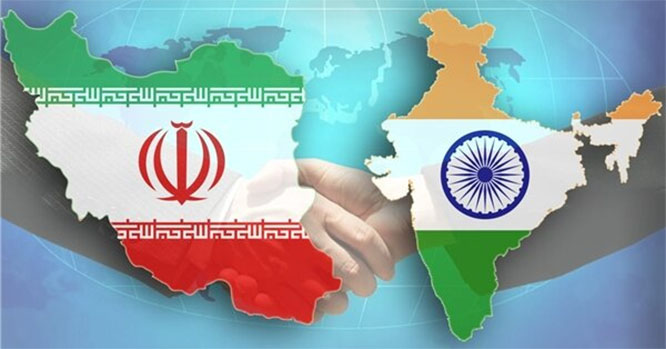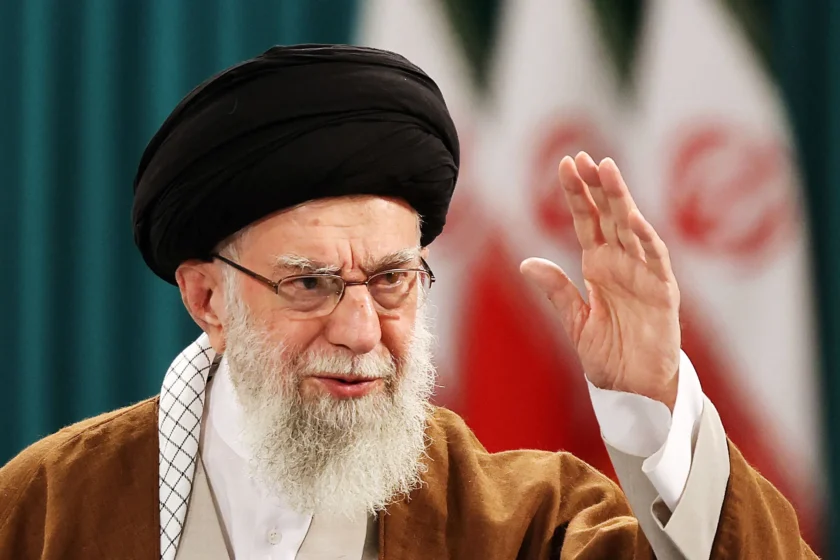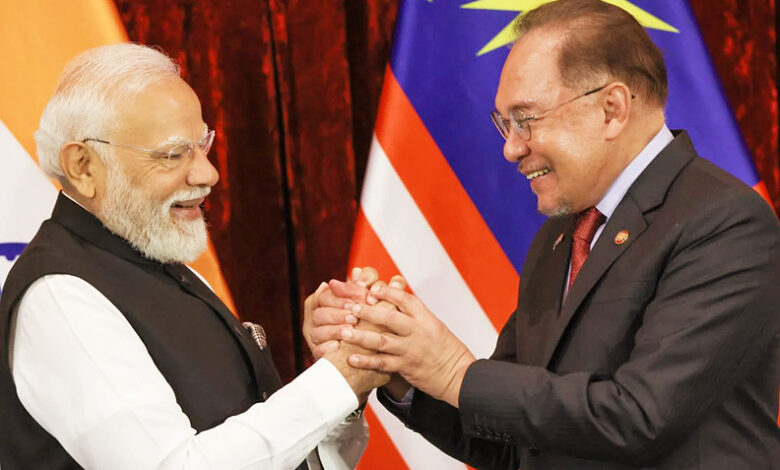New Delhi – The Indian Embassy in Iran on Wednesday issued a travel advisory urging its citizens to refrain from non-essential travel to Iran and for those already there to consider returning via commercial means. This directive comes in response to a significant escalation of security concerns in the region over the past several weeks.
“In view of the security-related developments over the past several weeks, Indian nationals are advised to carefully consider the evolving situation before undertaking non-essential travel to Iran,” the Indian Embassy stated on its official X (formerly Twitter) handle. The advisory further urged Indian citizens to “continue to monitor the latest regional developments and follow updated advisories issued by the Indian authorities.”
For Indian nationals currently in Iran who wish to return, the embassy confirmed that “commercial flight and ferry options that are available right now” can be utilized.
Recent Conflict and Nuclear Concerns
This travel warning follows a dramatic surge in regional tensions, ignited by Israel’s “Operation Rising Lion,” launched on June 13, which involved bombings of Iranian military and nuclear installations. Iran retaliated with its own drone and missile attacks targeting Israeli locations. On June 22, the United States, a staunch supporter of Israel, intervened by attacking key Iranian nuclear sites at Fordow, Natanz, and Isfahan under the codename “Operation Midnight Hammer.”
The Iranian Armed Forces responded with retaliatory attacks on a US military airfield in Qatar and strategic locations across Israeli-occupied territories. The 12-day conflict eventually concluded on June 24, when US President Donald Trump announced a unilateral stop to Israel’s assault.

The core of the international dispute revolves around Iran’s nuclear program. Tehran consistently maintains that its nuclear activities are solely for civilian purposes, while Washington insists that Iran’s uranium enrichment program could lead to the development of nuclear weapons.
The Collapse of the JCPOA
The Joint Comprehensive Plan of Action (JCPOA), widely known as the Iran nuclear accord, was a landmark agreement signed in July 2015 between Iran and several international powers, including the United States. The deal aimed to curtail Tehran’s nuclear capabilities by reducing its uranium stockpile to 300 kilograms and limiting its enrichment level to 3.67 percent.
However, the agreement began to unravel in 2018 when President Trump unilaterally withdrew the US from the accord. Since then, Iran has progressively escalated its uranium enrichment, reaching concentrations of up to 60% purity—alarmingly close to weapons-grade levels—and has surpassed the agreed-upon limits to its low-enriched uranium stockpile since 2019.
Adding to the complexity, Iranian President Masoud Pezeshkian earlier this month ratified a measure limiting cooperation with the International Atomic Energy Agency (IAEA), the UN nuclear watchdog. Iranian state television reported that Pezeshkian approved the measure after it was passed by Parliament, further straining relations with the international community regarding nuclear transparency.









